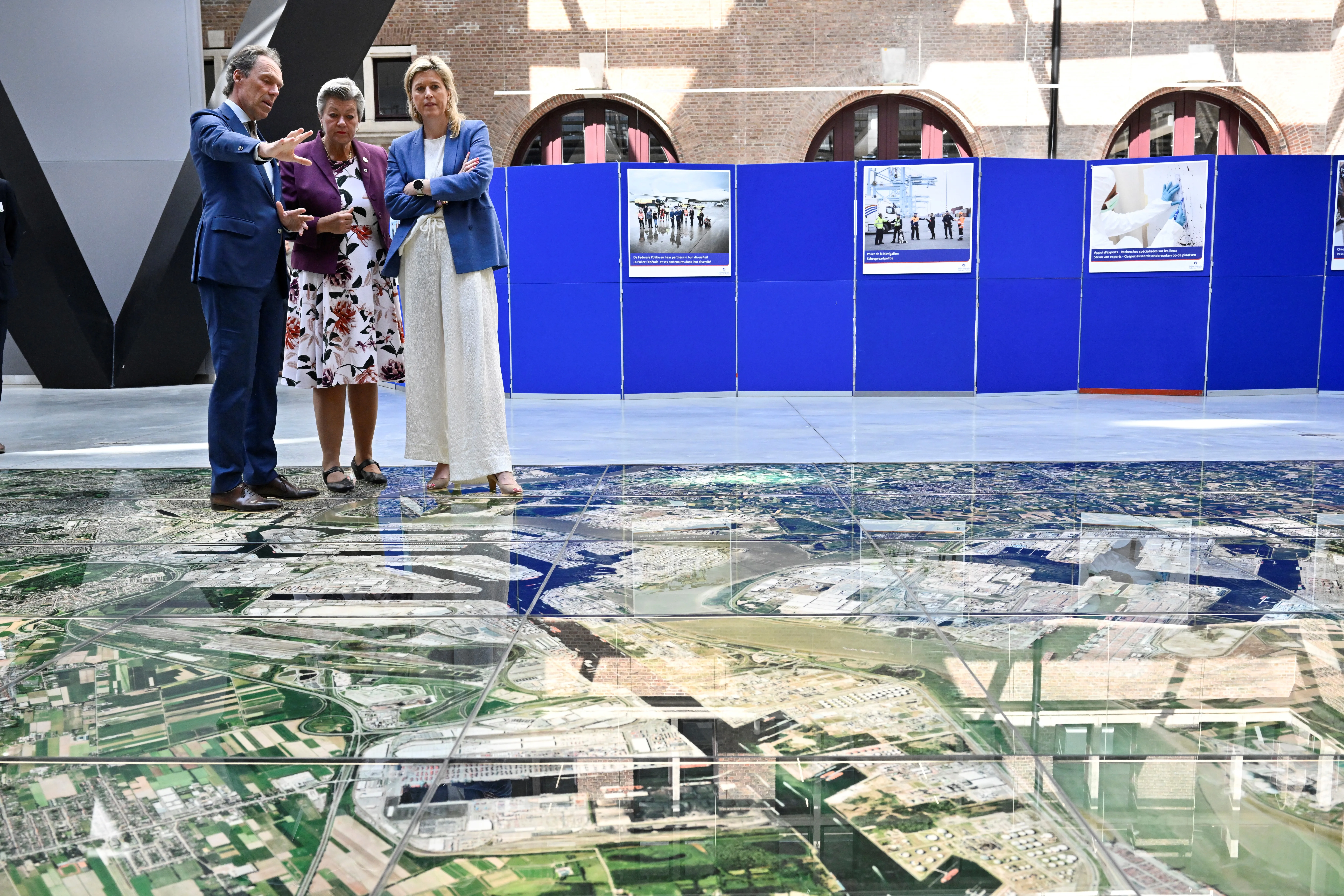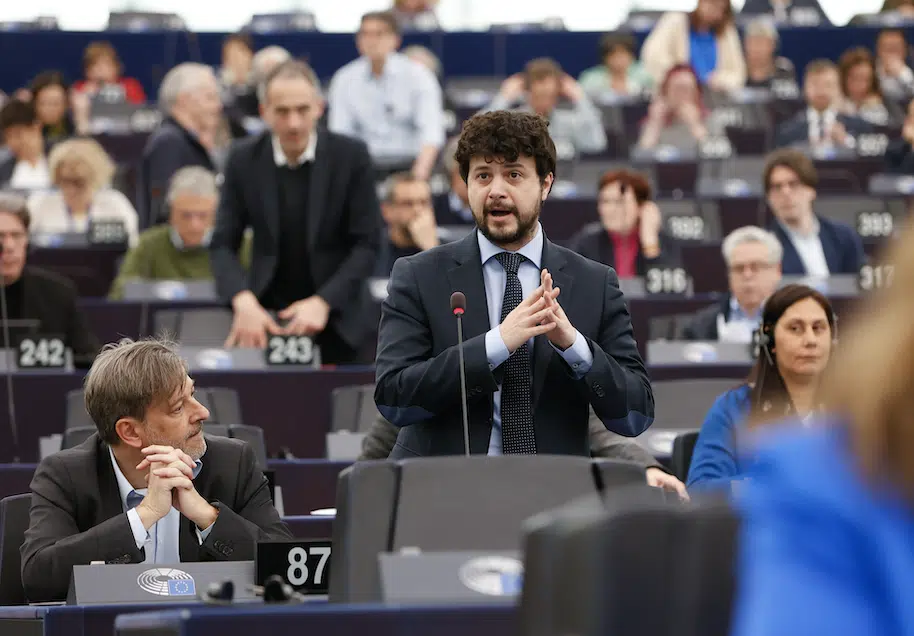Brussels – The European Union has launched its “network to fight a network.” The mantra that the EU Commissioner for Home Affairs, Ylva Johansson, has been repeating for months has taken shape and substance: the Alliance of European Ports, a public-private partnership to combat drug trafficking and criminal infiltration in ports across Europe, was launched in Antwerp.
The partnership aims to bring together all stakeholders—Member States, port authorities, European associations, EU agencies, customs and police representatives—to find solutions to an endemic problem. Cocaine seizures in the EU have reached record levels, with over 300 tons seized on an annual basis in recent years. In Belgium alone, authorities seized a record 121 metric tons of cocaine in the port of Antwerp in 2023, a 10 per cent increase over the previous year.
“Europe has a drug problem—and it is getting worse. To deal with the growing inflow of cocaine and other illicit substances into the EU, customs, law enforcement, and port authorities must work together more closely and effectively: this is the goal of the Alliance of European Ports,” explained the European Commissioner for Economic Affairs, Paolo Gentiloni. Pioneering this effort are six European countries—the Netherlands, France, Spain, Germany, Italy, and Belgium—who decided as early as 2021 to join forces and cooperate on the resilience of their port systems.

In essence, in line with the Action Plan presented by Ylva Johansson in October, the European Commission will seek to coordinate a range of law enforcement operations in EU ports: more targeted and effective controls, specific actions supported by Europol, Eurojust, and the European Public Prosecutor’s Office, awareness campaigns and support for port authorities and private shipping companies. The public-private partnership will focus on identifying vulnerabilities, sharing best practices, and finding practical solutions to strengthen port security. It will meet annually at the ministerial level to identify remaining challenges, set strategic priorities, and exchange progress.
Johansson stressed the urgency of involving all ports, because “organized crime is adept at moving from one port to another, depending on the opportunities that arise.” Before this initiative, the Swedish commissioner in recent months also travelled to the origin of trafficking, Ecuador and Colombia, and had signed an agreement to “establish a calendar of regular meetings and permanent dialogue” with the Latin American Council for Homeland Security (CLASI).
Gentiloni stressed that, however, the alliance will not be enough: “It is equally crucial to approve as soon as possible the ambitious EU customs reform proposed by the European Commission last year. This will enable a more efficient exchange of information between customs and law enforcement.” At stake is not only the health of European citizens but security: half of all murders in the European Union are linked to drug trafficking. And organized crime, with the huge profits from drugs, “is increasingly infiltrating the legal economy.”
English version by the Translation Service of Withub




